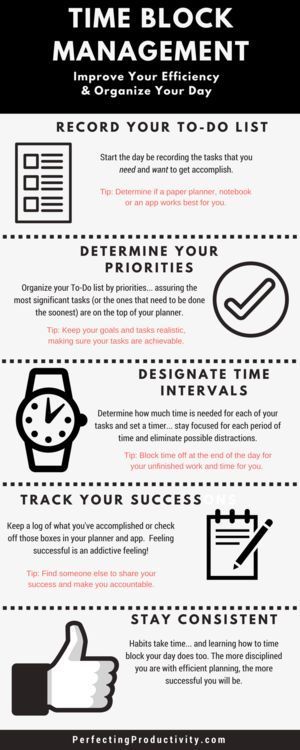Are you constantly struggling to keep up with your tasks at work? Do you find it hard to focus and complete your projects within the given deadline? Then, you may be facing the challenge of procrastination at work. Procrastination is defined as the act of delaying or postponing tasks, often unnecessarily. This habit can have negative consequences, such as missed deadlines, lower productivity, and increased stress levels. In this article, we will discuss ways to overcome procrastination at work and manage your time effectively to maximize productivity.
Understanding the Root Causes of Procrastination
Before we begin addressing procrastination, it is essential to understand why it happens. Procrastination can stem from various reasons, such as fear of failure, lack of motivation, or poor time management skills. To overcome procrastination, it is crucial to identify the root causes and implement effective strategies to address them.
Setting Realistic Goals and Priorities
One of the best ways to overcome procrastination and manage your time effectively is by setting realistic goals and priorities. Identify the most important projects that need your immediate attention and allocate your time accordingly. It is essential to be realistic about your goals and break them down into smaller, achievable tasks to avoid becoming overwhelmed.
Creating a Schedule and Sticking to It
Creating a schedule is a surefire way to manage your time effectively and boost productivity. A schedule allows you to plan your day and allocate specific time slots for each task. It is important to stick to your schedule to avoid falling behind on your tasks. Use a planner or calendar to keep track of your schedule and ensure that you are making progress on your projects.
Avoiding Distractions
Distractions are one of the biggest culprits of procrastination. To overcome distracting stimuli, you need to eliminate them or limit your exposure to them. This can be achieved by turning off your phone notifications, blocking distracting websites on your computer, or using noise-canceling headphones to block out background noise.
Avoiding Multitasking
Contrary to popular belief, multitasking does not make you more productive. In fact, it can lead to decreased concentration and decreased overall performance. It is better to focus on one task at a time and complete it before moving on to the next one.
Taking Breaks
While it may seem counterintuitive, taking breaks at work can actually improve your productivity. Taking short breaks every hour or so can help you recharge and refocus, allowing you to return to your tasks with renewed energy and creativity.
Seeking External Help
Sometimes, overcoming procrastination may require seeking external help. This can be in the form of asking for feedback, seeking advice from colleagues or managers, or even hiring a professional coach to guide you through the process. Seeking external help can provide new insights and perspectives, challenging you to break out of your comfort zone and overcome procrastination.
You might find these FREE courses useful
- Engineering Project Management: Scope, Time and Cost Management
- Free Time Management Tutorial – Effective Time Management for Employees
- Strategic Career Self-Management
- Work Smarter, Not Harder: Time Management for Personal & Professional Productivity
Celebrating Successes
Celebrating your successes and progress is an important part of overcoming procrastination. Celebrating small wins along the way can help you stay motivated and inspired, rewarding yourself for putting in the hard work and effort.
In conclusion, addressing procrastination at work and managing your time effectively requires self-discipline, focus, and a willingness to make changes. By implementing the strategies outlined in this article, you can overcome procrastination and maximize your productivity, achieving your goals and fulfilling your potential.


